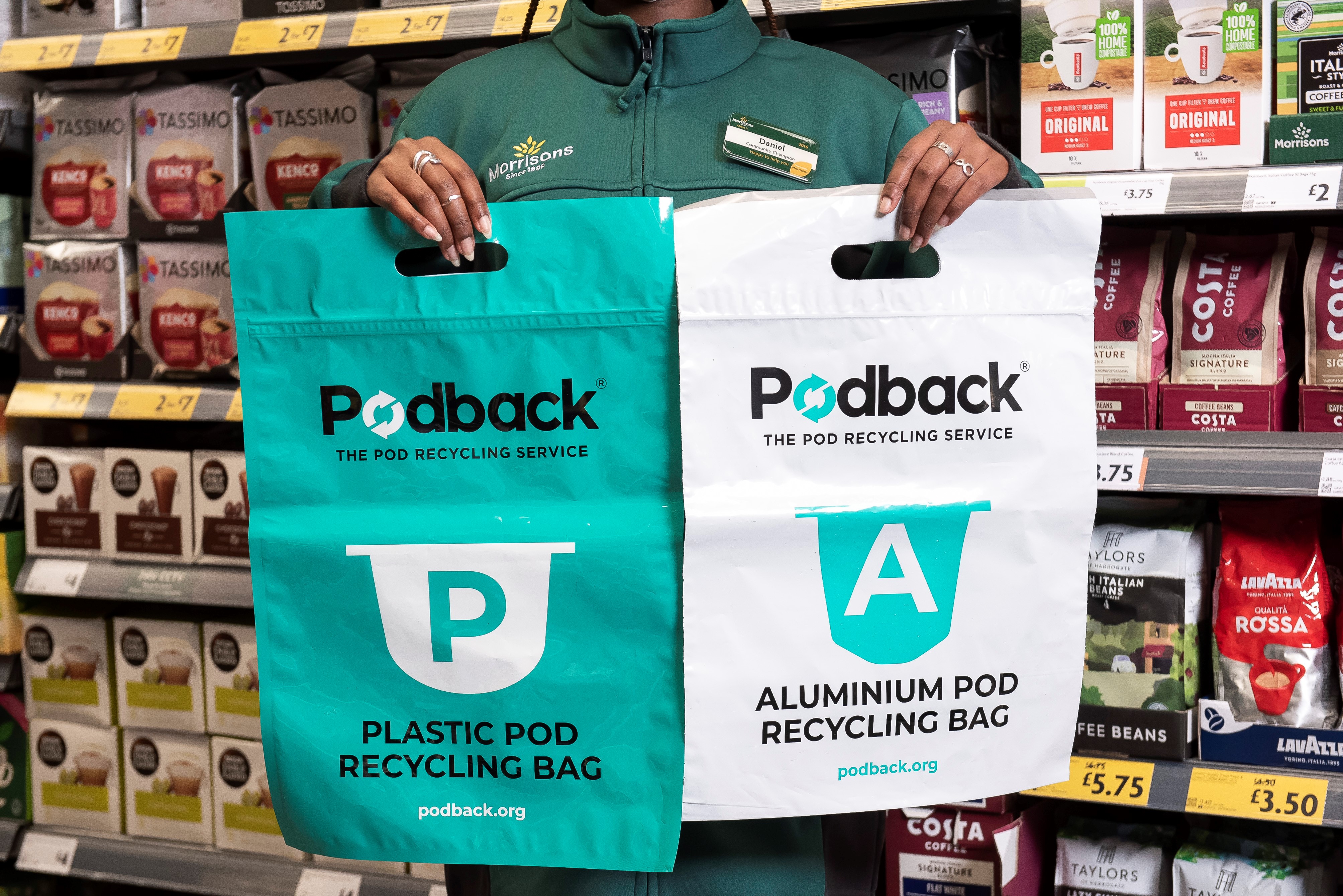Eastleigh Borough Council joins coffee pod recycling drive Podback
Another UK region, the Eastleigh Borough Council, has been registered with the coffee pod returning drive, Podback. The Eastleigh Council has expanded its weekly recycling drive to include plastic or aluminium coffee pods, which would now be collected with the community's other organic waste.

The Podback coffee pod recycling programme is customisable to suit a residence in the borough. To be registered within the non-profit organisation's loop, one has to sign up for the service through Podback's official website.
The registered individuals will receive Podback collection bags for the safe transportation of waste products along with the community food waste bins. Flat-dwellers can also register for the recycling drive, as Podback collection bags are available for every type of customer.
The Eastleigh Borough Council's Cabinet Member for Environment Cllr. Rupert Kyrle, while praising the latest development, commented: "We are really pleased to be working with Podback to open up this new kerbside recycling opportunity for our residents. Pod coffee drinkers will now be able to enjoy their coffee machines knowing the pods won't be going to waste."
The Executive Director of Podback, Rick Hindley, exclaimed: "We know that the most convenient way for people to recycle their coffee pods is as part of their Council's regular service, so we are excited to be working with Eastleigh Borough Council to make that happen."
"Recycling with Podback means tonnes of used pods will be removed from the waste stream, and the materials will be recycled in the UK," he added.
After a successful coffee pod collection drive, the scrap materials are all transported for recycling. The plastic pods end up in West Yorkshire, while the aluminium pods are sent for a complete transformation to Cheshire.
The coffee pods are thoroughly cleaned before they end up in the recycling belt. The clean pods are then separated, tattered and fed to the recycling machine so they can be morphed into new raw materials for fresh application, like in the automobile, construction or packaging industries. The coffee grounds would be reduced to a pulp by anaerobic digestion to yield soil fertilisers and renewable energy or biogas.
This news is also available on our App 'AlCircle News' Android | iOS

.jpg/0/0)















.png/0/0)







